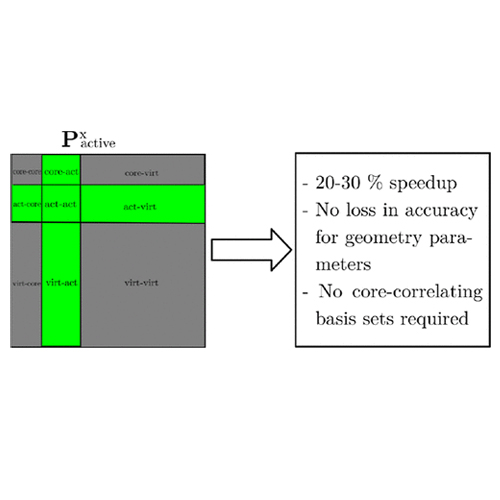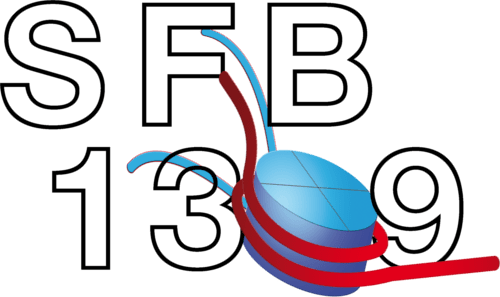Efficient Method for the Computation of Frozen-Core Nuclear Gradients within the Random Phase Approximation
2022-11-04
Viktoria Drontschenko, Daniel Graf, Henryk Laqua and Christian Ochsenfeld
J. Chem. Theory Comput., 18, 12, 7359–7372, 2022
A method for the evaluation of analytical frozen-core gradients within the random phase approximation is presented. We outline an efficient way to evaluate the response of the density of active electrons arising only when introducing the frozen-core approximation and constituting the main difficulty, together with the response of the standard Kohn–Sham density. The general framework allows to extend the outlined procedure to related electron correlation methods in the atomic orbital basis that require the evaluation of density responses, such as second-order Møller–Plesset perturbation theory or coupled cluster variants. By using Cholesky decomposed densities─which reintroduce the occupied index in the time-determining steps─we are able to achieve speedups of 20–30% (depending on the size of the basis set) by using the frozen-core approximation, which is of similar magnitude as for molecular orbital formulations. We further show that the errors introduced by the frozen-core approximation are practically insignificant for molecular geometries.








